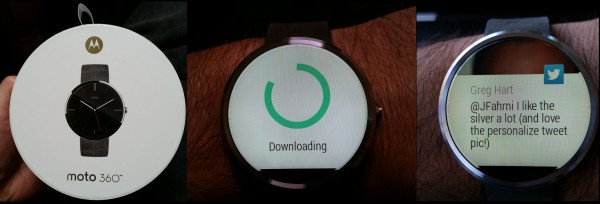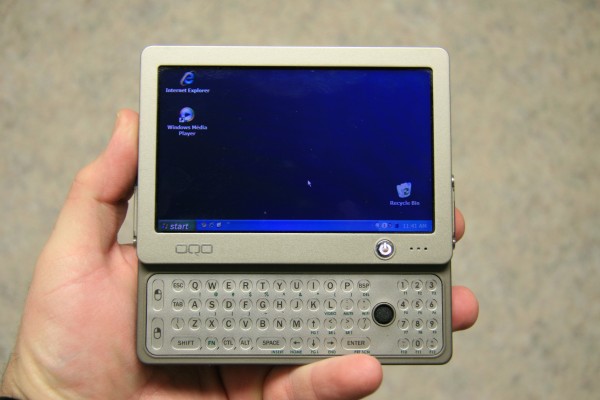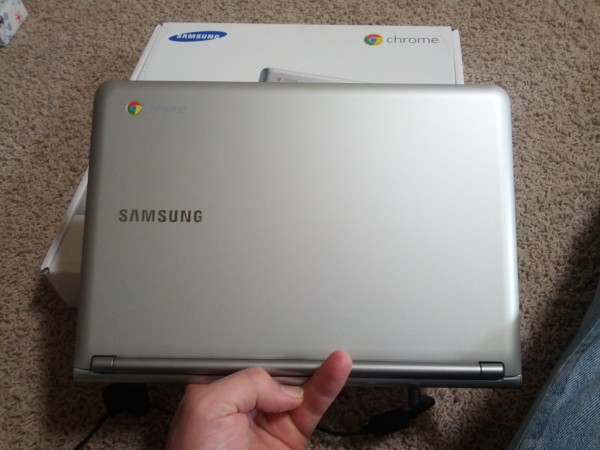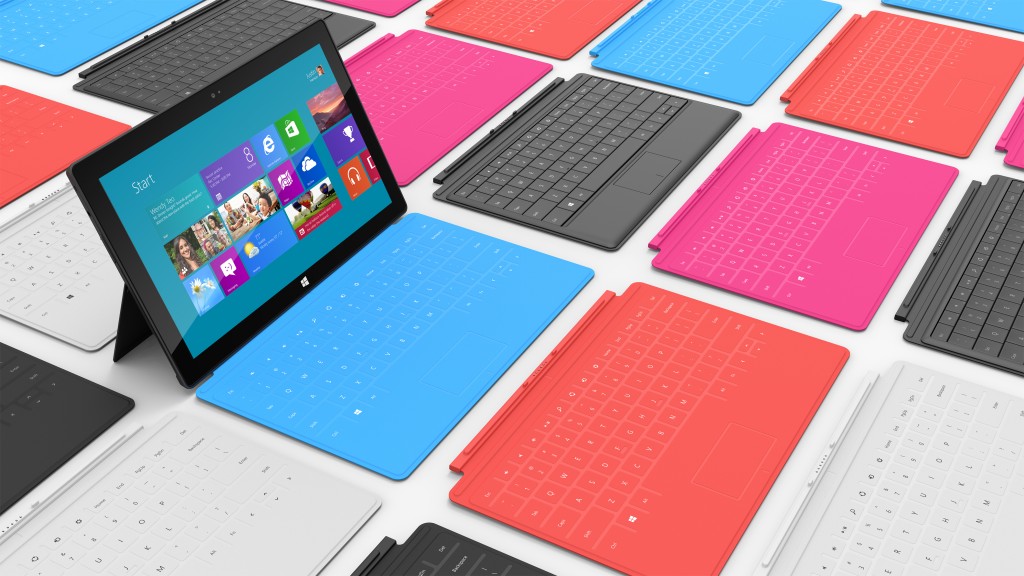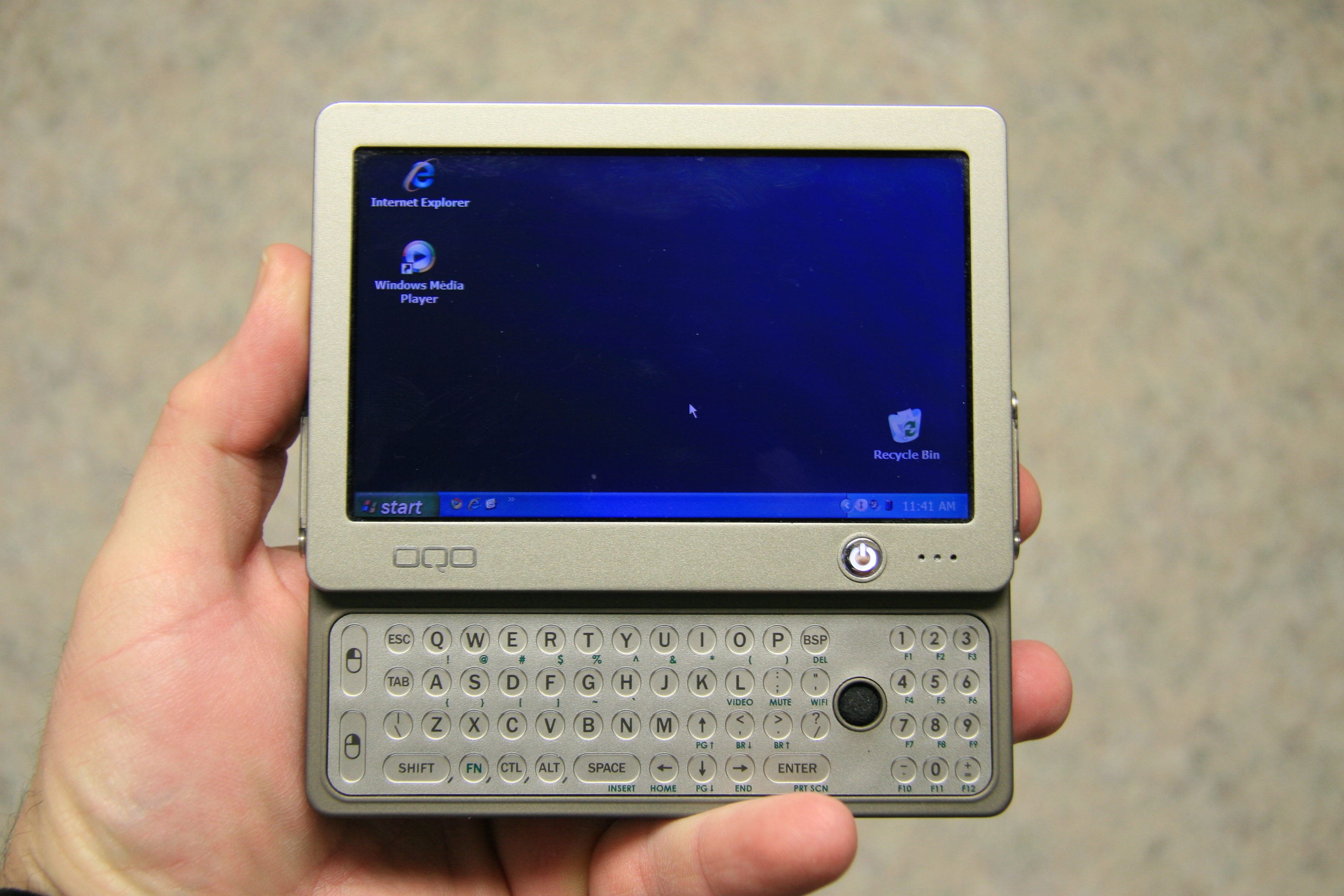I read with great interest a recent piece at FierceHealthcare. According to a study in the Journal of General Internal Medicine, health apps aren’t living up to the hype. To me, the entire field has been overblown from the beginning.
“A new UC San Francisco study … revealed nearly every participant who used health apps could not get to a productive point. The respondents also were able to complete just 51 percent of data entry tasks and just 43 percent of them could access data from the tools.â€
Most of the problem stemmed from usability, or rather a lack thereof. This should come as a surprise to no one. Most of the health apps that I’ve tried haven’t been very good. In fact, I have yet to find a single health app that I consider anything more than a waste of time.
All this on the heels of other studies showing similar results. “A study released in mid-June noted very few apps providing high-quality heart failure symptom monitoring. Research earlier this month evaluated 40 fertility and pregnancy apps and found just six recorded a perfect score for accuracy.â€
While I understand the desire for mHealth to be a success, at this point I believe it’s nothing more than over-hyped mediocrity. The worst part is the number of app developers and “researchers†taking advantage of the situation to further their own career, or in some cases their agenda. The mHealth movement is full of snake oil salesmen taking advantage of a population desperate for help.  As a healthcare provider myself, I find it hard to believe that other healthcare providers are putting so much stock in so little actionable information. Does that mean that all mHealth applications are useless? Probably not, but I think it’s time to step back and take a long, hard look at the entire ecosystem. The first thing we should be asking is whether or not the information being collecting provides any value to the patient or their provider. If not, I think it’s fair to question whether or not the application should even be available.
As a healthcare provider myself, I find it hard to believe that other healthcare providers are putting so much stock in so little actionable information. Does that mean that all mHealth applications are useless? Probably not, but I think it’s time to step back and take a long, hard look at the entire ecosystem. The first thing we should be asking is whether or not the information being collecting provides any value to the patient or the provider. If not, I think it’s fair to question whether or not the application should even be available.
Now I’ll sit back and wait for the onslaught of people telling me how wrong I am. Obviously I “just don’t get it”. Well, remember this, even homeopathy has supporters. Just sayin’.
